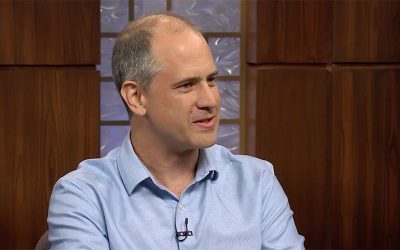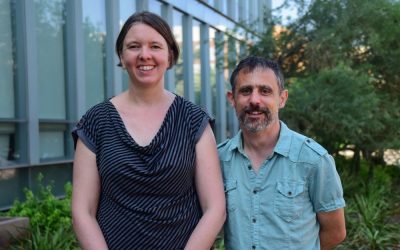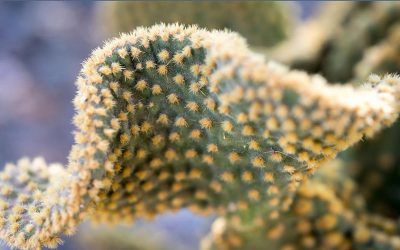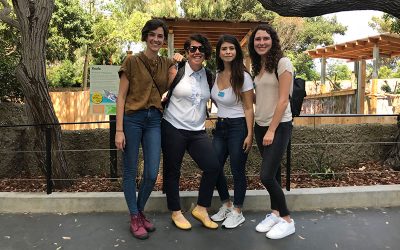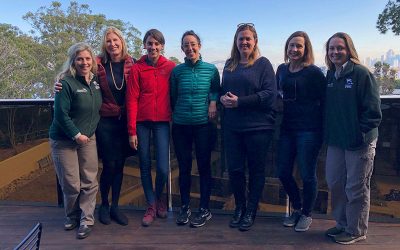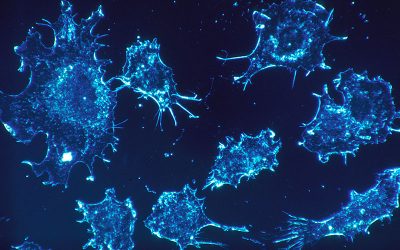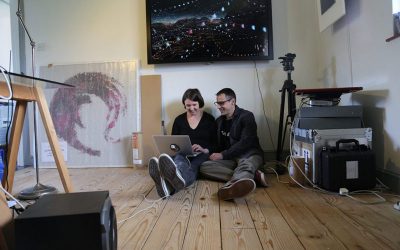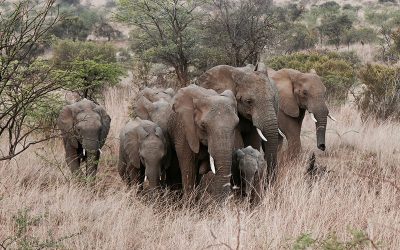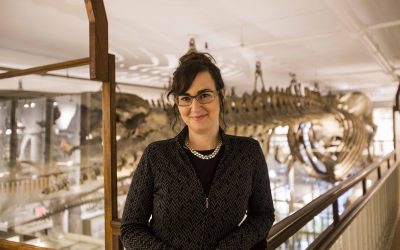Watch Carlo Maley on PBS
Carlo Maley appears on PBS program Horizon to discuss ACE and new ways of understanding cancer.
Artists Use Cancer Research to Create Visualizations – State Press
Boredomresearch and ASU Biodesign are coming up with innovative ways to interact with cancer. Read ther blog here
ACE Supported Cancer Cactus Garden Now Open
Crested cactuses inspire researchers at ASU’s Biodesign Institute to look for new ways to control, not eradicate, the disease
Welcome student interns
The first two of our undergraduate interns started working with our project this fall and we are delighted to welcome Sydney Collier and Kenna Sherman! Kenna and Sydney are based at UCSB, working primarily with Amy Boddy and mentored by Valerie Harris.
This is how Kenna describes her project:
“The project I am working on, under the supervision of Dr. Boddy, involves analyzing cancer rates in animals. Initially, I will be working with the Santa Barbara Zoo to gather information on the cancer rates in their animals. This involves going through their medical records and recording all instances of cancer, as well as the total number of each animal in a specific time frame. This information will be combined with a preexisting larger database. I will then choose a specific factor like mass, lifespan, or brain mass, and analyze for any correlation with cancer rates, in hopes of finding a direction for further research.”
We’ll be letting you know how they and the other students interns are getting on as the semester progresses.
Taronga Zoo in Sydney collaborates with ACE
Veterinary team from Taronga Zoo in Sydney with Valerie Harris and Pauline Davies
Radio broadcast – New approach to treating cancer
Audio broadcast with Dany Spencer Adams describing how electrical fields offer new ways to study cancer.
boredomresearch to create new digital visualization of cancer
boredomresearch (aka Vicky Isley and Paul Smith) have been commissioned to create a new artwork, a digital visualization of cancer. This new work is scheduled to be shown at the CDC Gallery in Washington D.C., and major teaching hospitals around the...
Amy Boddy and Lisa Abegglen quoted in The Atlantic article
In 2012, on a whim, Vincent Lynch decided to search the genome of the African elephant to see if it had extra anti-cancer genes. Cancers happen when cells build up mutations in their DNA that allow them to grow and divide uncontrollably...View The Atlantic...
Before cancer kills, it cheats – Ace Scientist
In a public lecture entitled Why Cancer Is Everywhere, at Harvard Museum of Natural History last week, Athena Aktipis described her ACE research into the behavior of ‘cheating’ cells. These are cells that refuse to obey signals to conform to the agenda of the whole organism but instead forge their own agenda following evolutionary imperatives to proliferate and colonize new environments – the end result being cancer. Read a review of Athena’s talk by Harvard Correspondent, Brett Milano, here.
Frontiers in Cancer Research
Edited by Carlo C. Maley and Mel Greaves, published in 2016. This is the ideal book for anyone contemplating starting a career in, or shifting their career to, studying the dynamics that drive cancer progression and its response to therapy.
